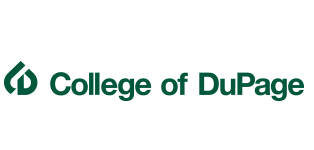Document Type
Article
Award Date
Fall 2008
Abstract
In the ancient tragedy Antigone, the Greek dramatist Sophocles presents a primary conflict that features a desperate struggle for dominance and challenges the blind justification of authoritative power. Although the tragedy bears the name of its doomed heroine as its title, I argue that it is the character of Creon who provides the audience with a cathartic release through the development of his humanity in the course of the play. He is the figure most akin to the classical Aristotelian definition of the traditional tragic hero. Creon is more emotionally developed and the breadth of his humanity is greatly accessible as he is flawed and, as such, true to life. The complexities that transcend the main conflict within the play are numerous and striking, but the conflict, specifically that between father and son, underpins the dramatic conflict between the dominant and the subjugated. My presentation will argue how in Sophocles’ Antigone, the opposition of Creon and Haemon mirrors the modern dynamics of father-son relationships, rendering the play eternally relevant and accessible to audiences of the present day.
Recommended Citation
Spadlowski, Olivia, "Time-Transcendent Father-Son Dynamics in Antigone" (2008). 2009 Honors Council of the Illinois Region Papers. 2.
https://dc.cod.edu/hcir2009/2

